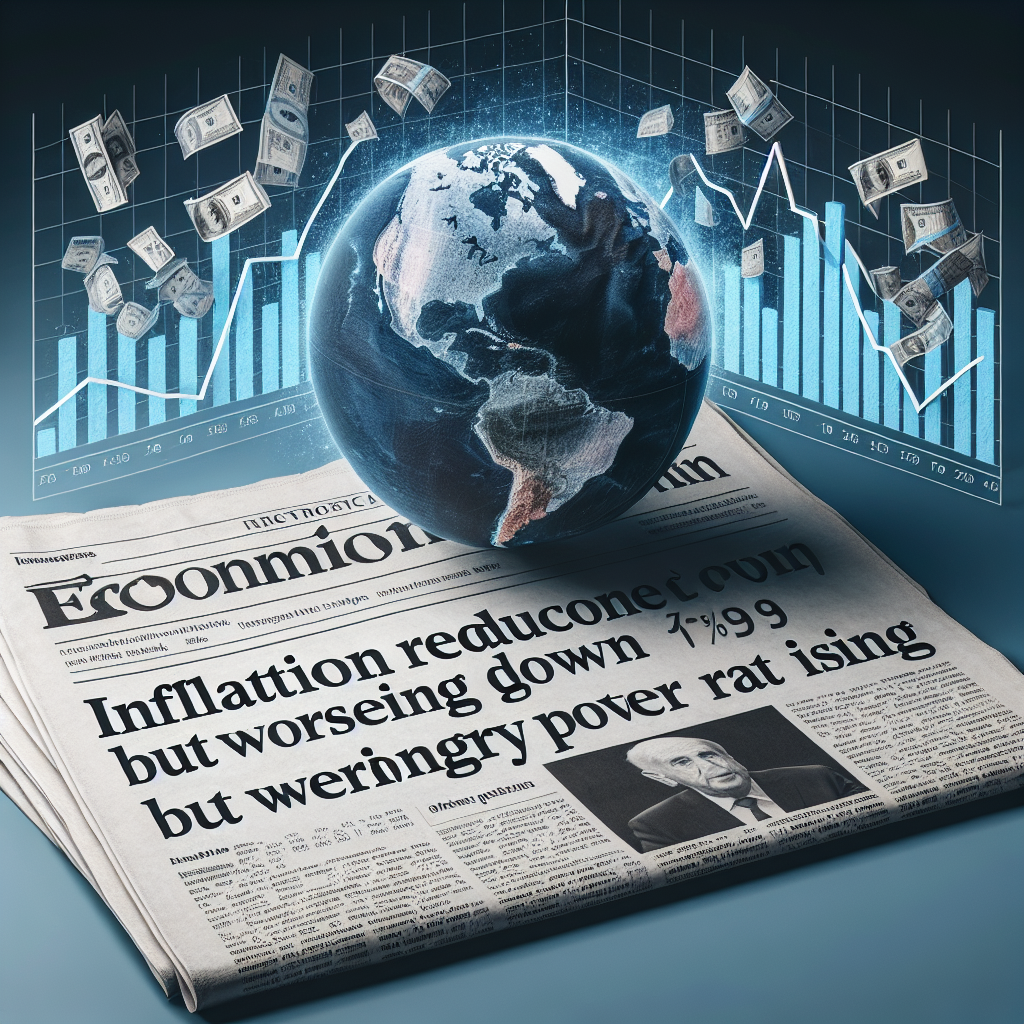Economic Reforms Slash Inflation but Worsen Poverty in Argentina Under Milei
Economic Reforms Slash Inflation but Worsen Poverty in Argentina Under Milei
Introduction
Argentina’s recent economic reforms, spearheaded by Javier Milei, have successfully curbed inflation but have inadvertently exacerbated poverty levels. This complex situation presents a mixed bag of outcomes for the South American nation, highlighting the challenges of balancing economic stability with social welfare.
Key Economic Reforms
- Monetary Policy Overhaul: The government implemented stringent monetary policies to control hyperinflation, including reducing money supply and increasing interest rates.
- Fiscal Austerity Measures: Significant cuts in public spending aimed to reduce the fiscal deficit, impacting social programs and subsidies.
- Market Liberalization: Deregulation efforts were introduced to attract foreign investment and stimulate economic growth.
Impact on Inflation
The reforms have been effective in reducing inflation rates, which had previously spiraled out of control. This stabilization has restored some confidence in the Argentine economy, making it more attractive to investors and improving the overall economic outlook.
Consequences for Poverty
Despite the success in controlling inflation, the austerity measures have led to increased poverty levels. The reduction in public spending has disproportionately affected low-income families, who rely heavily on government support for basic needs.
Public Reaction and Criticism
- Social Unrest: The rise in poverty has sparked protests and public dissatisfaction, with many citizens demanding more inclusive economic policies.
- Criticism of Milei’s Policies: Critics argue that the reforms prioritize economic indicators over human welfare, calling for a more balanced approach.
Conclusion
While Argentina’s economic reforms under Javier Milei have successfully tackled inflation, they have also led to a significant increase in poverty. This dual outcome underscores the complexity of economic policymaking, where achieving financial stability can sometimes come at the cost of social equity. Moving forward, a more balanced approach may be necessary to ensure both economic and social well-being.

















